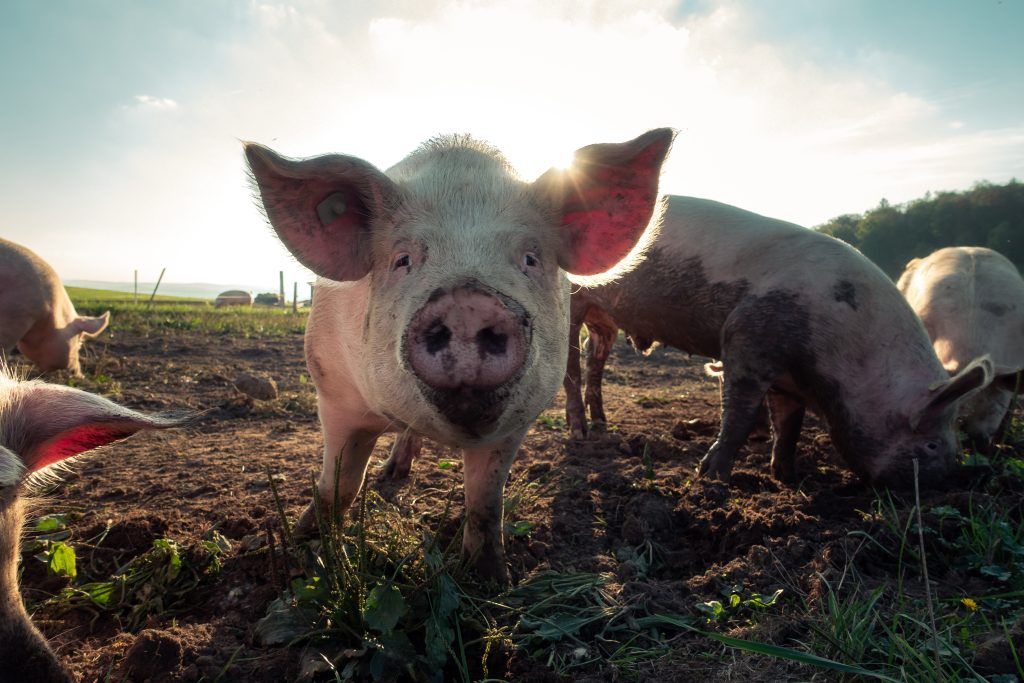With much government funding now honing in on regional Australia it’s no wonder companies are spreading their geographic wings embracing the idea of ‘going bush’ to deliver their many and varied services, or at least saying they do across the broad country.
While this phenomena is far from new the increased investment brings with it a heightened responsibility of (1) funding bodies to truly understand the ability of a tenderer to deliver in the regions and (2) regional communities to pull up their socks and build up their own local capacities to deliver.
If you and/or your organisation really is keen to work in the regions, and do so through a partnership lens some recommendations follow to assist you along the way. And if you are in a regional community and either considering partnering with an external entity – or hiring one in, the considerations are also valid to ask of your potential partner.
1. Never assume that what you’re offering is new. Yes, you may have a new name for something, a specific way to do it or even some special equipment but remember. Nothing is new. Regional people like to understand where things came from, how they relate to what they already know. Explain that. Make it relevant.
2. Context and local knowledge matters. When you’re delivering your thing make sure you take time to understand the local context – the problems, what’s been tried before, what’s being done now. This matters everywhere. One quote I’ll never forget is “we’ve had so many pilots here we should just start an airport”
3. Find the community leaders and listen. The community leaders will be found in many and varied places (post coming up soon) – try the local Council, sports associations, the local Aboriginal Land Council or Elders Council, education (see post)
4. Understand existing regional priorities. Regional communities aren’t bereft of planning documents but the problem is that the planning documents are broad and varied and you’ll rarely find a community with only one comprehensive plan. Start with the local Council and work outwards from there. Perhaps, if your organisation has the capacity (and local support) you could support a process to define some clear priorities.
5. Build trust. Few things are more important than trust in regional communities. I wrote a feisty little article about this a short while ago link here
6. Don’t be a ‘big noter’ Well, you can if you like but chances are it won’t come off in the intended way. Regional Australians, in general are pretty quick to cut big noters off at the knees.
7. Involve the community in your applications and not just in a tokenistic way. Few things are more insulting than finding out that your community has been “lucky enough” to be included in a funding application that they have no prior knowledge of. Think that doesn’t happen? Think again. Many regional communities are a honeypot of funding opportunity and quite often taken by surprise by well-intentioned NGOs who are bursting at the seams to ‘help’.
8. Plan to leave capacity. Why are there so many dire issues in regional communities? You can look at this through any lens you like but the reality is that there simply has not been enough consistent investment in our communities, particularly when considering social impact and associated skill sets. An application that plans to leave capacity, plans to make the delivering organisation redundant is always a better one.
9. Utilise and add to local assets. Do you really need to ship in talent, resources, ideas, thinking, mentoring, mediation? Probably not. Every single community has a wealth of knowledge and skills just waiting to be enhanced. Do that. And wherever you can spend locally too.
There is much to be done across our regional communities and together we can truly embrace change and create better lives for our most vulnerable and marginalised communities. One of my primary goals in the following years is to build strong regional eco-systems for social change and in doing so we need the right kinds of partners. Are you one? Love to hear from you.




